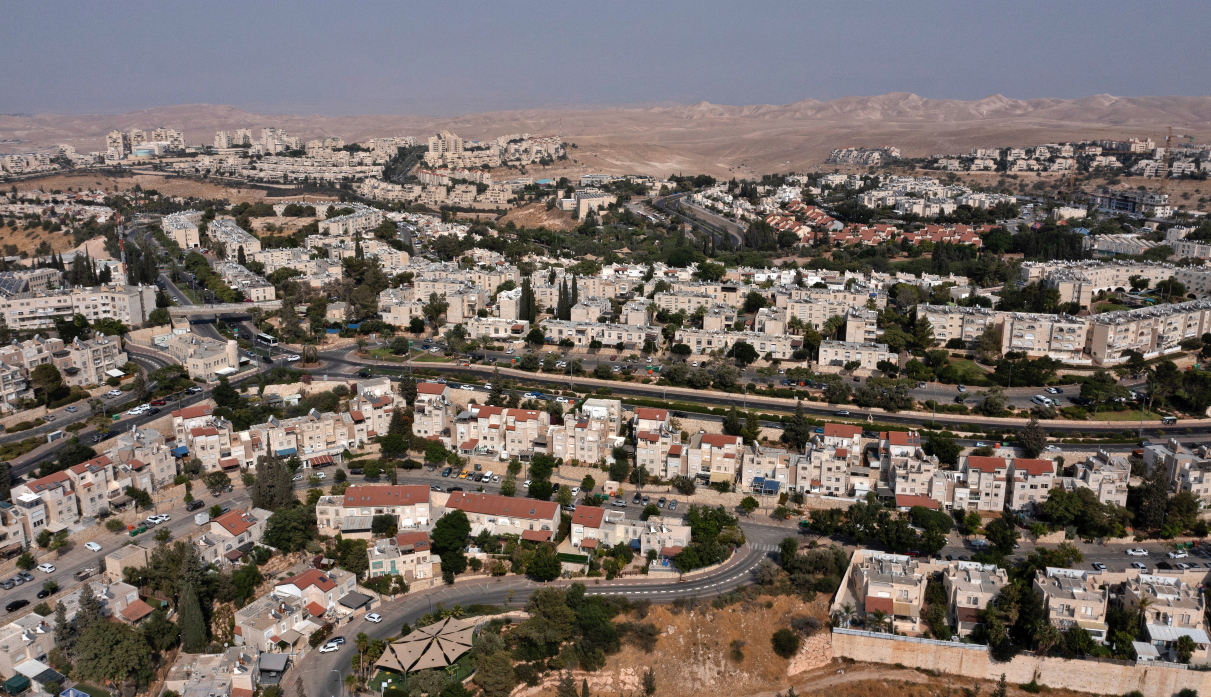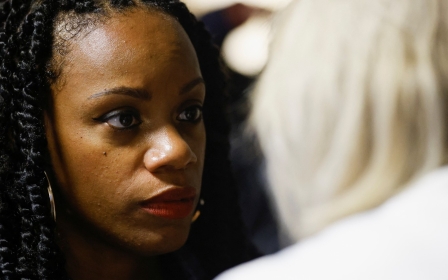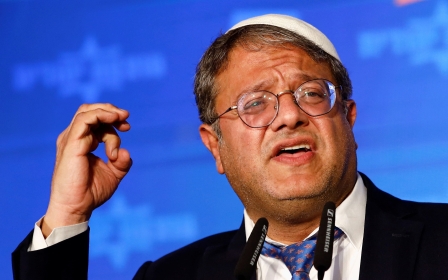US will 'fight' any Israeli annexation, ambassador says

US ambassador to Israel Tom Nides warned that the White House would “fight any attempt” by Israel to annex parts of the occupied West Bank, highlighting a future area of potential friction between the US and a new Israeli government expected to be formed by Benjamin Netanyahu and his far-right allies.
“Our position is quite clear: We do not support annexation. We will fight any attempt to do so,” Nides told the Israeli public broadcaster Kan, adding that “most of the Arab countries” feel the same way.
Netanyahu didn’t make annexation a central feature of his campaign, but some in his party hinted that it could be back on the agenda, with the former Israeli premier expected to form one of the most extreme-right wing governments in Israel’s history.
The US plans to work with a Netanyahu government, but “we have to stand up for the things we believe in”, Nides said. "We are a very strong ally, but there will be times we articulate our differences.”
US officials have already expressed concern at the prospect of a far-right politician becoming Israel’s next defence minister, according to a report by the news website Axios.
One senior member of the Joe Biden administration told Axios that bilateral relationships would be “ hugely influenced” by who takes the position in the new government, a comment that seemed to hint at the possibility of Bezalel Smotrich taking the post.
'Not going to make draconian statements'
Netanyahu’s bloc won 64 seats out of 120 in Israel's election this month and is expected to form a government with ultra-Orthodox parties Shas and United Torah Judaism (UTJ), as well as with Itamar Ben-Gvir’s far-right Religious Zionism-Otzma Yehudit alliance.
During last year’s election cycle, Netanyahu ruled out including Ben-Gvir - who used to keep a picture of Baruch Goldstein, who massacred 29 Palestinians in a mosque in 1994, in his home - as a minister.
However, as Ben-Gvir's popularity has grown, Netanyahu has changed tactics and said he could serve in any potential cabinet.
Ben-Gvir is expected to demand the position of public security minister in any coalition with Likud.
Bezalel Smotrich, the leader of the Religious Zionism political alliance, is poised to potentially become defence minister in the incoming governing coalition.
The minister of defence is one of the most important positions in Israel, as it directly influences policies regarding the occupation of the West Bank and the Gaza Strip.
Nides refused to rule out whether he would meet far-right lawmaker Itamar Ben Gvir.
“I’m not going to make draconian statements that I’m not ever going to talk to anyone - it doesn’t matter left or right,” he said. “We’ll see who gets to be in these positions… I want to see rhetorically what they say and how they act.”
Netanyahu started negotiations with allies over ministerial posts and his future policy agenda. He could be tapped by Israeli President Isaac Herzog to form a government as soon as Sunday.
Before the election, Biden raised concerns about the expected makeup of Israel’s new government with Herzog during a visit to the US last month.
According to reports, the US administration said it feared that if leaders of the far-right parties receive senior positions, this could damage relations between the US and Israel.
Netanyahu unveiled a plan in 2020 to annex much of the occupied West Bank with the support of then-president Donald Trump. Those plans were shelved following the signing of the Abraham Accords.
Middle East Eye delivers independent and unrivalled coverage and analysis of the Middle East, North Africa and beyond. To learn more about republishing this content and the associated fees, please fill out this form. More about MEE can be found here.






